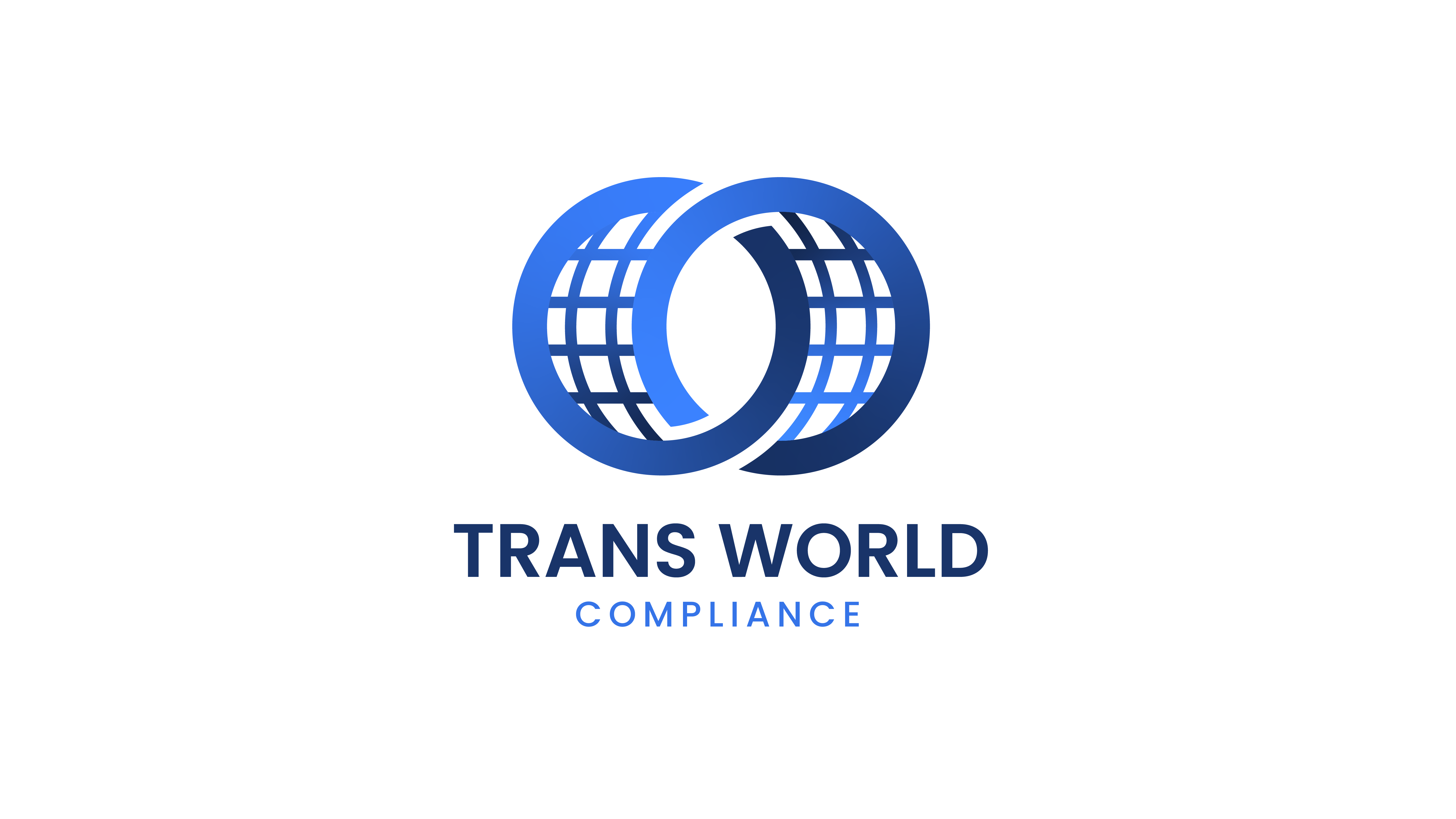Five Essential CRS Compliance Questions Answered
Trans World Compliance is committed to providing clarity and support for financial institutions navigating the complexities of CRS compliance. It has hosted a series of events that have allowed us to engage with industry professionals and address their most pressing questions. This publication presents some of the key questions that emerged from these discussions. These questions have been expertly answered by Avril Bell, CRS and FATCA Specialist and Executive Director of Complere Consulting, our strategic partner, whose deep expertise in international tax compliance provides invaluable insights into the intricacies of CRS reporting obligations.
1. How are CRS anti-avoidance practices identified, and what are the procedures for regularizing due diligence and reporting obligations?
The CRS Regulations identify three main scopes that need to be covered for the efficient implementation of the CRS:
- The broad scope of Financial Institutions covered by CRS.
- Identifying account holders through due diligence processes, especially regarding the identification of beneficial owners of passive non-financial entities.
- Reporting account balances of account holders and their income received.
The CRS provides high-level examples of anti-avoidance schemes, such as shifting accounts to non-CRS jurisdictions, underreporting, and intentionally not connecting computerized systems to avoid account aggregation. The CRS encourages jurisdictions to create domestic legislation that regularizes the reporting of anti-avoidance schemes, with examples including DAC6 in the EU and MDR in the Channel Islands.
2. Is it mandatory under CRS to report all clients from applicable countries, regardless of their account balance, as of December 31 of the reporting year?
It depends on whether the accounts are pre-existing (pre-2016) or new (post-2015). Certain pre-existing accounts have minimum thresholds for accounts that do not need to be reported, while all new reportable accounts, irrespective of account balance, must be reported.
3. Who qualifies for reporting under CRS requirements, and how should financial institutions identify these clients?
Account holders identified via the CRS due diligence procedures as reportable persons. The OECD manages the list of countries that have signed up to CRS. Any account holder tax resident in a country that appears on the OECD’s CRS list and is also a reportable jurisdiction on the financial institution’s tax authority’s list, may be reportable.
4. What are the consequences of non-compliance with CRS regulations, and how can businesses mitigate these risks?
The CRS Regulations’ due diligence procedures provide the processes by which financial institutions must comply with CRS. Financial institutions must ensure that their internal policies and procedures for client on-boarding incorporate the CRS’s procedures.
The consequences of financial institutions not complying with the CRS are managed at a domestic level where the domestic tax authority will levy penalties depending on the level of non-compliance.
5. When will tax authorities enforce the implementation of CRS programs, and what are the timelines for audits and potential fines?
The first audits occurred as early as two years ago. Audits could take the form electronic requests for AEOI Policies Procedures and supporting documentation of account holder information, or onsite audits. Based on the results of audits, financial institutions may face penalties. Most domestic tax authorities publish CRS penalties on their websites.
Financial institutions must understand and effectively implement CRS compliance to avoid penalties and ensure smooth operations. The insights provided by Avril Bell offer valuable guidance for navigating these complex requirements.
For institutions seeking personalized advice and support in their CRS compliance efforts, we encourage you to contact Complere Consulting. Additionally, to streamline and automate your CRS reporting processes, consider partnering with Trans World Compliance, where our advanced solutions are designed to simplify and enhance your compliance activities. Contact us today to learn how we can support your CRS compliance needs.
Complere Consulting: www.complere.co.za
Trans World Compliance: www.transworldcompliance.com




